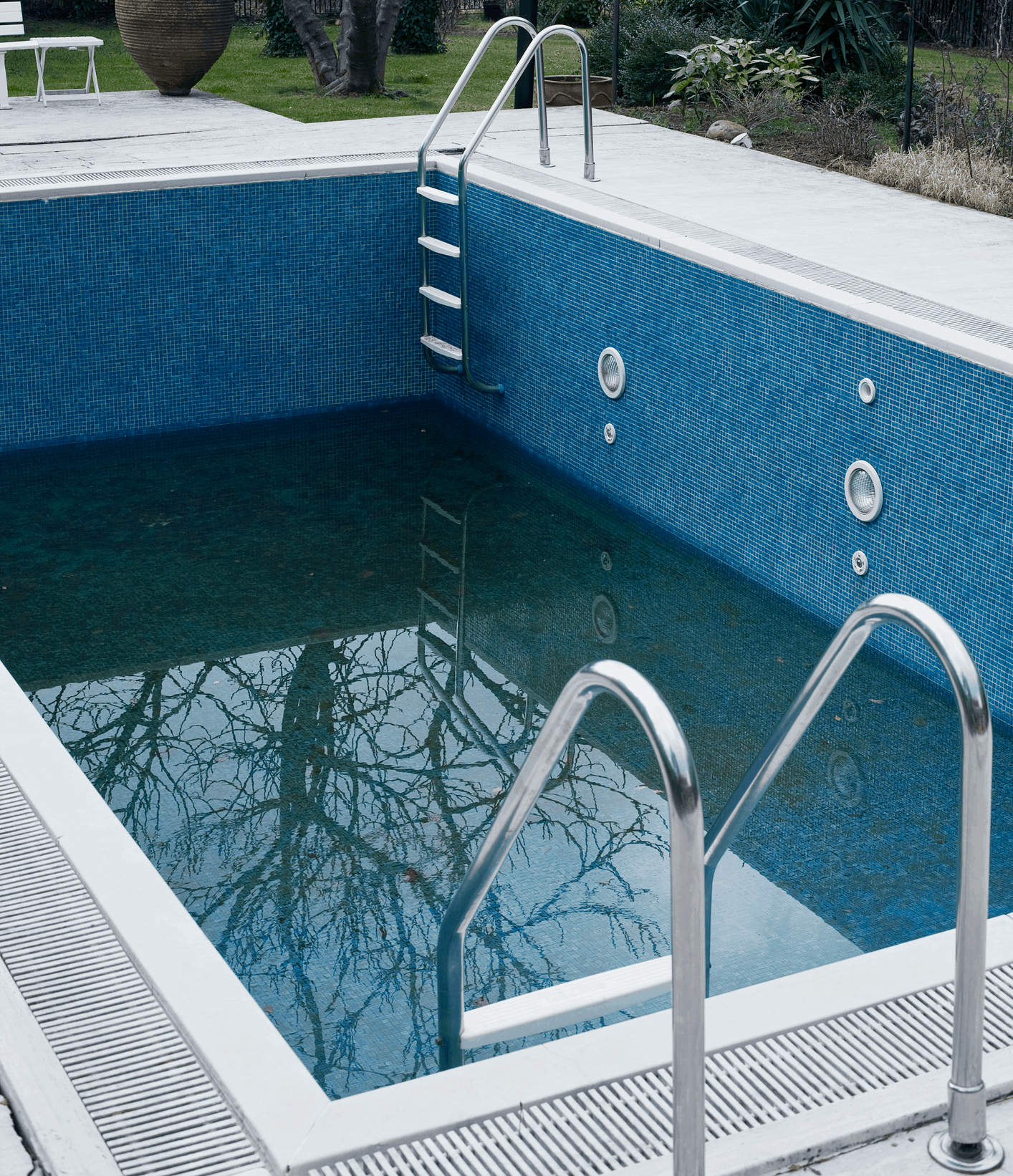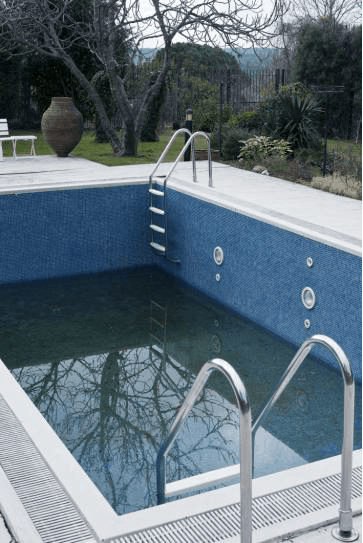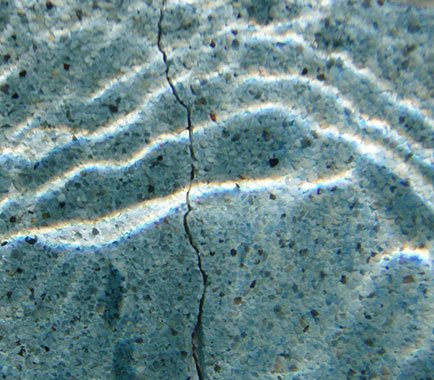Does My Pool Have a Leak?
Swimming pools and spas lose water through evaporation throughout the year. Water levels can fluctuate daily depending on humidity, temperature, wind and rainfall. Evaporation is the cause in most cases, but this can be minimised with the use of a pool cover.
The loss is less during winter because rainfall helps to offset lost water from evaporation. Heavy rainfall periods can often require that your pool will need to be part-drained to keep your pool at ideal water levels.
Does My Pool Have a Leak?
Swimming pools and spas lose water through evaporation throughout the year. Water levels can fluctuate daily depending on humidity, temperature, wind and rainfall. Evaporation is the cause in most cases, but this can be minimised with the use of a pool cover.
The loss is less during winter because rainfall helps to offset lost water from evaporation. Heavy rainfall periods can often require that your pool will need to be part-drained to keep your pool at ideal water levels.
Water Loss Symptoms
During summer water loss of up to 6mm per day is common, but greater losses indicate a leakage problem and as a pool owner you will suspect you have a leak when there is a larger than normal drop in your pool water levels.
Other indications your pool has a leak:
- Pump won’t fully prime or has air bubbles at the top of the pump;
- It’s extremely difficult to get your pump to prime or it loses its prime overnight;
- Suction for your pool cleaner isn’t as good as it used to be;
- Your pool deck is lifting or sinking;
- Wet areas around the pool, check for soggy, sunken or eroding soil;
- Water is needed to be added more than once per week.
Water Loss Symptoms
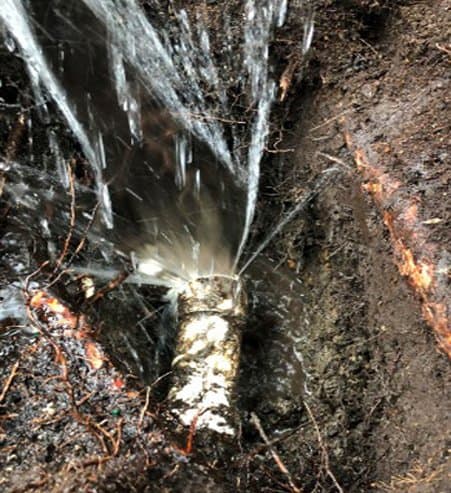
During summer water loss of up to 6mm per day is common, but greater losses indicate a leakage problem and as a pool owner you will suspect you have a leak when there is a larger than normal drop in your pool water levels.
Other indications your pool has a leak:
- Pump won’t fully prime or has air bubbles at the top of the pump;
- It’s extremely difficult to get your pump to prime or it loses its prime overnight;
- Suction for your pool cleaner isn’t as good as it used to be;
- Your pool deck is lifting or sinking;
- Wet areas around the pool, check for soggy, sunken or eroding soil;
- Water is needed to be added more than once per week.
The Ongoing Cost of a Pool Leak?
A pool losing water is a concern for many homeowners, because of the cost for water replacement, the time it takes for re-filling and increased chemical costs.
Water loss from your pool will be absorbed by the soil underneath the leak, so the soil will then expand. As the soil dries-out, it will contract and over time the different rates of soil expansion and contraction in and around your pool structure will increase the risk of cracking and more extensive structural damage.
The Ongoing Cost of a Pool Leak?
A pool losing water is a concern for many homeowners, because of the cost for water replacement, the time it takes for re-filling and increased chemical costs.
Water loss from your pool will be absorbed by the soil underneath the leak, so the soil will then expand. As the soil dries-out, it will contract and over time the different rates of soil expansion and contraction in and around your pool structure will increase the risk of cracking and more extensive structural damage.
Bucket Test
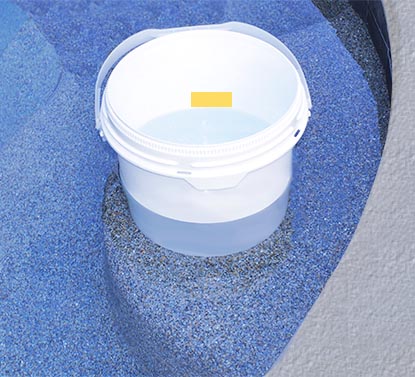
If your pool is losing more than 6mm per day and you expect that you have a leak, you can perform a simple bucket test to confirm before calling us.
Place a brick or rock in the bottom of a bucket and sit the bucket on the steps of your pool. Fill the water in the bucket to be the same level as your pool and clearly mark the water level in the bucket. For stability reasons, try to have the bucket 3/4 full and have the water in the bucket completely cover the brick or rock.
Run your pool equipment normally and check one or two days later, if the water level in the bucket is higher than your pool there is a leak.
If you do have a leak, repeat the test with the pump turned-off. This will help to isolate if the leak is coming from the pool shell itself, or from the pool equipment, fittings and plumbing.

Bucket Test
If your pool is losing more than 6mm per day and you expect that you have a leak, you can perform a simple bucket test to confirm before calling us.
Place a brick or rock in the bottom of a bucket and sit the bucket on the steps of your pool. Fill the water in the bucket to be the same level as your pool and clearly mark the water level in the bucket. For stability reasons, try to have the bucket 3/4 full and have the water in the bucket completely cover the brick or rock.
Run your pool equipment normally and check 3-4 days later. If the water level in the bucket is higher than your pool there is a leak.
If you do have a leak, repeat the test with the pump turned-off. This will help to isolate if the leak is coming from the pool shell itself, or from the pool equipment, fittings and plumbing.

Expert Analysis & Action for Your Pool
CLEANPOOLS ©2020 | ABN 47 780 692 514

